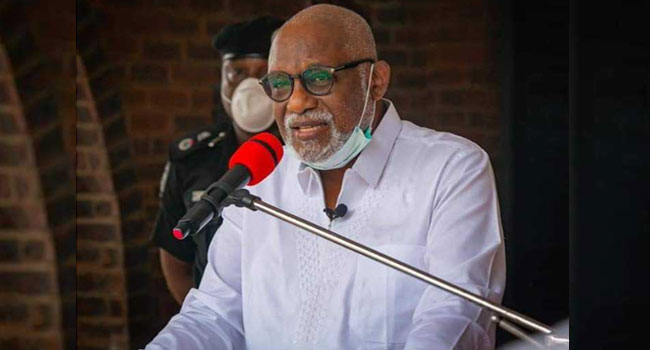House of Reps demand urgent action to revitalize Nigeria’s textile industry
The House of Representatives has called on the federal government to establish stringent regulatory measures for the importation of foreign textiles, aiming to rejuvenate the local textile industry and strengthen the economy.
During a session on Tuesday, lawmakers adopted a motion introduced by Garba Ibrahim Muhammad, who stressed the need for collaboration with the Federal Ministry of Industry, Trade, and Investment. Muhammad highlighted the importance of providing essential facilities, particularly consistent power supply, to local textile manufacturers to improve production quality.
“The Nigerian textile industry once thrived with over 180 operational mills in the 1960s and 1980s, significantly contributing to the manufacturing sector and employing nearly 450,000 people,” Muhammad stated.
He pointed out that Nigeria has abundant raw materials like cotton and wool, which could greatly enhance local textile production and stimulate economic growth.
To support this revitalization, the House urged the Federal Ministries of Finance and Industry to offer soft loans and easier access to credit through the Bank of Industry. They also mandated their Industry and Commerce committee to conduct public hearings with relevant stakeholders to assess the challenges plaguing the moribund sector.
Muhammad expressed his concern over the drastic decline of the textile industry over the past two decades, which has resulted in job losses at major firms, including Kaduna Textile and Kano Textile.
“The discovery of oil in Nigeria led to a significant drop in cotton production, which is essential for our textile industry,” he noted. He attributed the sector’s decline to government policies, high taxation, and costly production expenses, along with increased imports that have harmed local textile production.
“Revitalizing our textile industry is essential. It will create jobs, reduce social issues, boost revenue, diversify the economy, and enhance socio-economic development in our nation,” he concluded.
Source: The Nation







